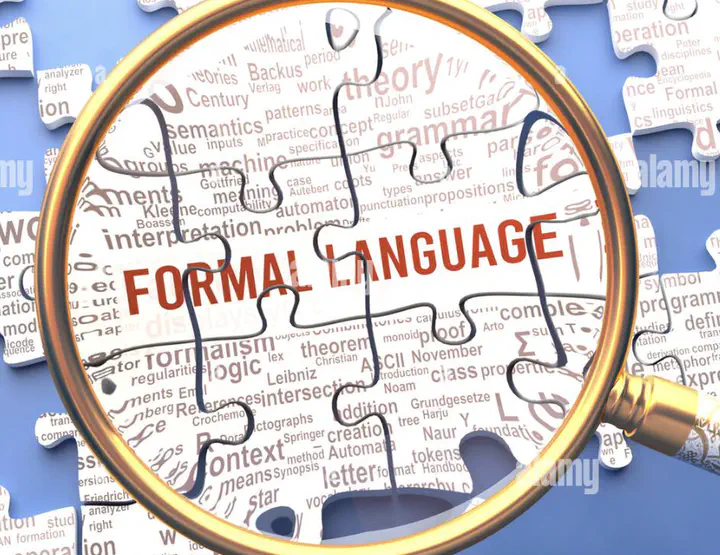Formal Linguistics and Computational Linguistics

Abstract
Formal linguistics is a branch of linguistics that focuses on the study of language using formal methods derived from mathematics and logic. It aims to understand the underlying structure of language by constructing precise, well-defined models of its syntax, semantics, and phonology. The key aspects of formal linguistics include (1) Syntax – This involves the study of the rules and principles that govern the structure of sentences. Formal syntactic theories explore how words combine to form grammatical sentences and the underlying rules that govern these combinations. (2) Semantics – This aspect deals with the meaning of words, phrases, and sentences. Formal semantics seeks to represent and analyze the ways in which linguistic expressions can convey different meanings in different contexts. (3) Phonology – This is the study of the sound systems of languages, including the rules for combining sounds into meaningful units or words. Formal phonology models the abstract sound structures of language and their functional roles.